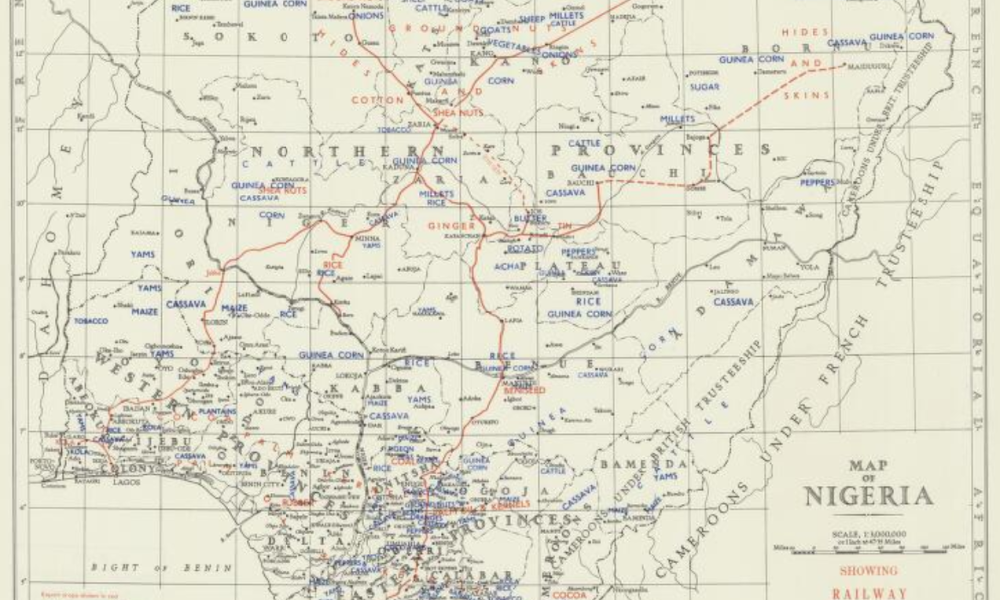
The June 20 1963 State of Emergency
In a move aimed at restoring peace and stability, Nigeria declared a state of emergency on June 20, 1963, as tensions and political unrest between the Hausa-Fulani and Igbo ethnic groups reached a critical point. The government’s decision came amidst growing concerns over the country’s fragile unity, as the conflict threatened to tear apart the young nation.
Tensions between the two ethnic groups had been simmering for some time, fueled by historical grievances and competition for political power. The Hausa-Fulani, predominantly residing in northern Nigeria, had long held significant political influence, while the Igbo, concentrated in the southeastern region, had sought greater representation and a voice in the country’s governance.
The recent escalation of violence and unrest had been a cause for alarm. Reports of clashes, reprisal attacks, and communal violence had plagued various regions, leading to a loss of lives and widespread destruction. The deteriorating situation had prompted the Nigerian government to take decisive action to prevent further bloodshed and bring about a resolution to the crisis.
The state of emergency declaration granted the government special powers to maintain law and order, suspend certain civil liberties, and deploy security forces to troubled areas. Additionally, it allowed the federal government to take control of state affairs and implement measures aimed at de-escalating the tensions and restoring peace.
President Nnamdi Azikiwe, who had announced the state of emergency in a national address, had emphasized the need for unity and peaceful coexistence among all Nigerians. He had urged citizens to refrain from acts of violence, hatred, and discrimination, calling for dialogue and understanding instead.
International observers and leaders had expressed concern over the deteriorating situation in Nigeria, recognizing the importance of a stable and harmonious Nigeria not just for its citizens but also for the stability of the entire region. The United Nations had called for an immediate cessation of hostilities and had offered to mediate between the warring parties to facilitate a peaceful resolution.
Efforts to resolve the crisis had undoubtedly faced significant challenges. Ethnic tensions and historical animosities had run deep, and bridging the divide had required a concerted effort from all stakeholders, including political leaders, community representatives, and civil society organizations. Reconciliation, dialogue, and inclusive governance had been crucial elements in finding a lasting solution to the underlying causes of the conflict.
As Nigeria had navigated those turbulent times, it had been important to remember that the strength of the nation had lain in its diversity. The crisis at hand had presented an opportunity for the government and the people to come together and address the root causes of the tensions, ensuring a more equitable and inclusive future for all Nigerians.
The declaration of a state of emergency had served as a stark reminder of the challenges faced by Nigeria on its path to unity and stability. It had been up to the nation’s leaders and citizens to rise above their differences, engage in meaningful dialogue, and forge a common vision for a peaceful and prosperous Nigeria.



